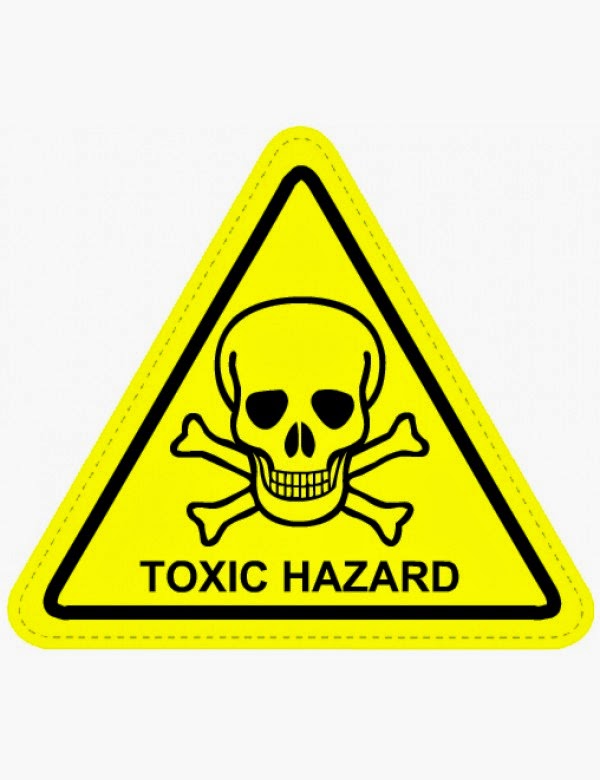 |
| Design by StickerStudio |
The convention chaos has died down, a crisp Autumn wind of change is in the air, and I’ve been more than a little introspective of late while I’ve been in the process of re-branding my business. I admit to thinking lately ‘why did it take me so long to discover what kind of artist I want to be?’
While I know that way lies the path to madness and pity parties, I recalled an experience I had years ago when I was fresh onto the notion of being a fantasy book cover illustrator. It was a DragonCon of many years ago and I was eager to attend a panel on book cover illustration hosted by previously entrenched artists in the field, all of who were traditional painters.
What I got from that panel was an amazing unanimous barrage of bad advice.
The artists, who I will not name, basically said “kids” with their digital art were cheapening the business and that one could no longer make a living thanks to them and the publishers. Being that eager “kid” wanting to get into the business as either a traditional or digital artist, I took that advice to heart and decided that perhaps book cover illustration was a dying industry I shouldn’t bother being in.
To be fair, it is a changing industry. Books in general are becoming a thing of the past as we know them. Bookstores are disappearing one by one across the country. Digital proliferation is growing and the nature of art for books as we have previously experienced it is changing.
In retrospect, I imagine these artists, all of whom were older traditional painters, were very fearful of these changes and embittered by a market where so many artists don’t know their own worth and accept lower pay. Even still, the damage of their negativity had been done to every aspiring artist attending that panel, including myself. I took their word as law that book covers were a doomed field.
Now, I can’t blame them for all of my bad decision making and not trying to go after my goals sooner. I let early rejections from multiple companies whittle down my will till I just avoided turning in anything to publishers and artist’s reps. What I didn’t know then is that my portfolio was full of student work instead of work targeted to fit the company.
Thus are the trials of an art student who attended a school who had no idea how to teach real-world portfolio submission etiquette for illustrators. Thankfully, Jon Schindehette’s ArtOrder Portfolio Building Class helped to fill in that hole in my education in a way that makes me confident when I am finally done prepping my new targeted portfolio that I am going to find work in my chosen field.
It wasn’t until I met Dan Dos Santos, Justin Gerard, and others at DragonCon and IlluXcon many years later that I realized book covers (and related work) could be a viable profession. Talking to Dan and others about their work schedules, I know they work their butts off, but they’re making a living doing what they love while still sharing that energy and enthusiasm with other artists through Muddy Colors, IMC, SmartSchool etc. Most of the artists I talked to are also traditional painters who have utilized digital in their workflow instead of cursing it as putting traditional painters out of work.
My whole point is this – your words have power. Be mindful of the bitterness you pass on to other artists. Talking the realities of being an artist is one thing while damning the whole future of the profession because you refuse to evolve or are having a bad day is another. We must also keep in mind that not all artists are good teachers.
So what’s the answer to ‘why did it take me so long to discover what kind of artist I want to be?’ Lack of focus, money, fear, the list goes on (I plan to write about this in a later post specifically about my current re-branding plans). The upside is that my meandering journey through different media, educational programs, and discovering things through trial and error has ultimately enriched my art. I’m at a place now where I finally feel like I know where I want to go with my art and career.
I also know now, years later, that I should not listen to everything I hear at panels or on Facebook. Sometimes people can be toxic. The trick is knowing when to identify and ignore those individuals.